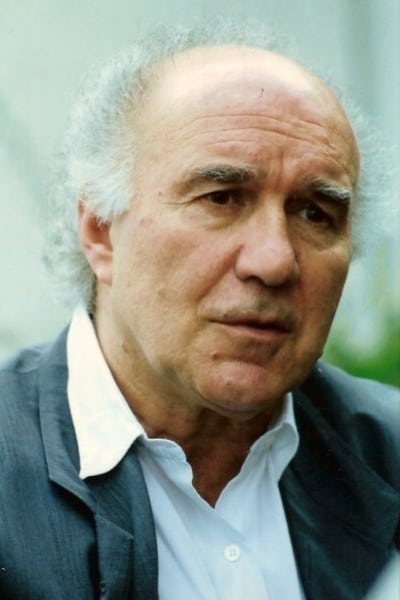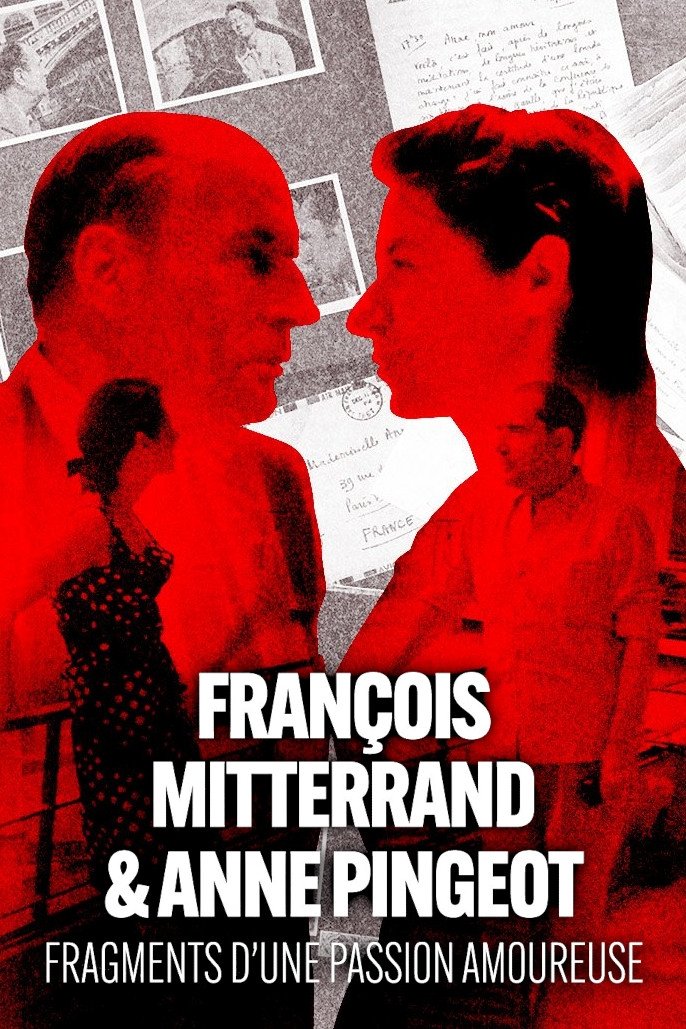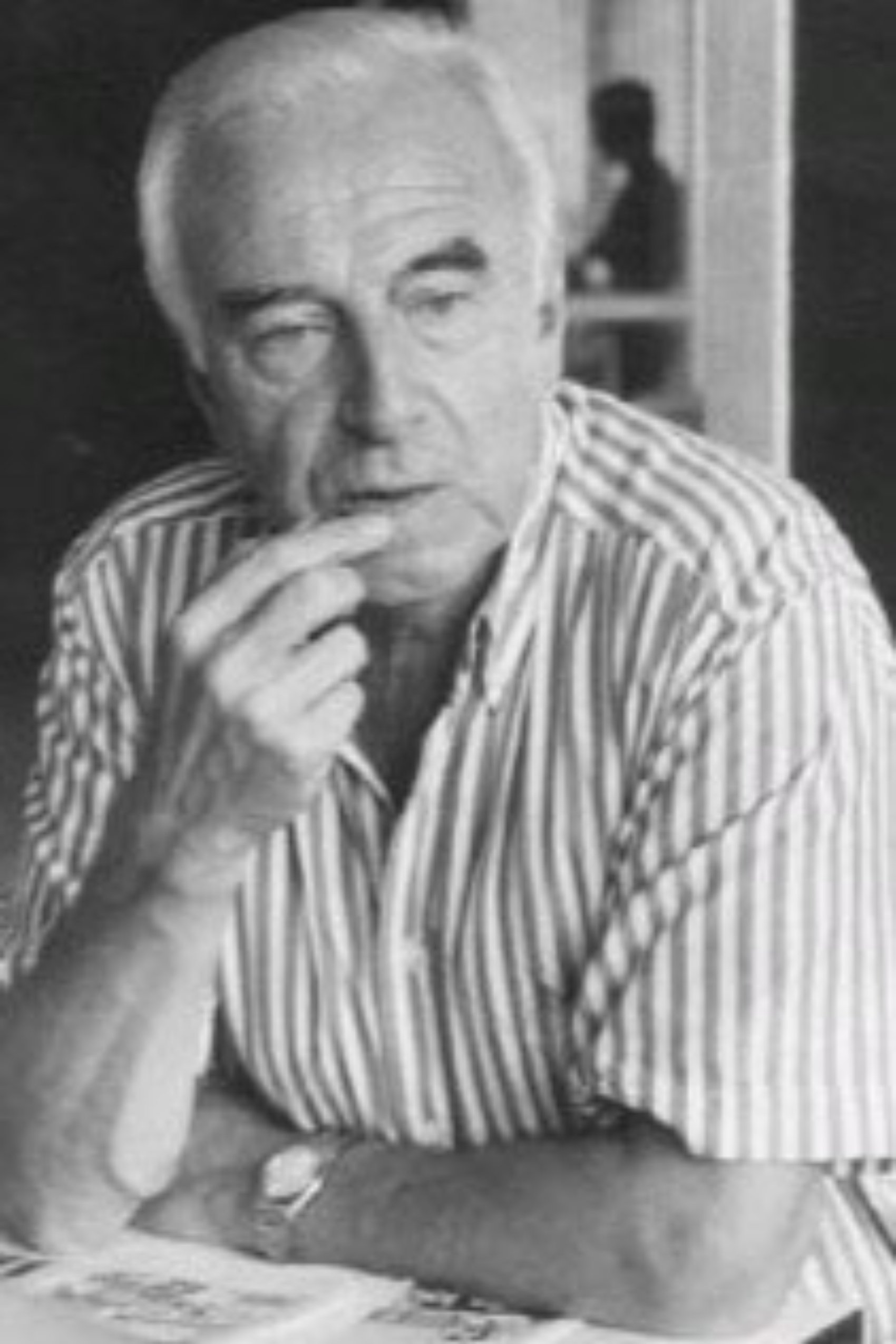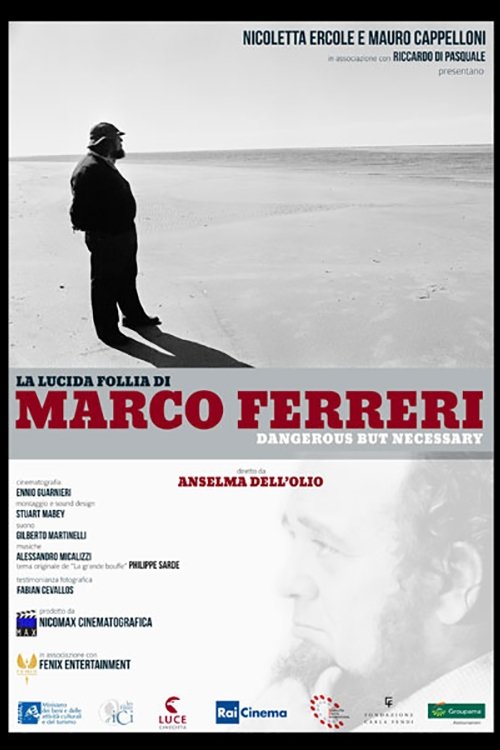

Michel Jacques Daniel Piccoli was the son of Henri Piccoli, violinist and Marcelle Expert-Bezançon (1892-1990), pianist and daughter of the French industrialist and politician Charles Expert-Bezançon. In 1954, Michel Piccoli married actress Éléonore Hirt with whom he had a daughter, Anne-Cordélia Piccoli. In 1966, he married the singer Juliette Gréco, then in 1978 the screenwriter Ludivine Clerc, with whom he adopted two children of Polish origin, Inord and Missia. Placed in an establishment for problem children, the commitments of the young Piccoli, are made in opposition to his maternal grandfather, senator of the Third Republic, financier of the Radical Party, and important industrial painter, accused by the trade union left and by Georges Clemenceau, of having intoxicated his workmen through lead white which causes lead poisoning. Michel Piccoli then trained as an actor first with Andrée Bauer-Théraud and then during Simon. After an appearance as an extra in "Sortilèges" by Christian-Jaque in 1945, Michel Piccoli made his film debut in "Le Point Du Jour" by Louis Daquin. In the theater he distinguished himself with the Renaud-Barrault and Grenier-Hussot companies as well as at the Théâtre de Babylone. Noticed in the film "French Cancan" in 1954, he continued on stage and worked with directors Jacques Audiberti, Jean Vilar, Jean-Marie Serreau, Peter Brook, Luc Bondy, Patrice Chéreau and André Engel, and became also know in popular TV movies. Having become an atheist after a family bereavement, he met Luis Buñuel in 1956, and ironically took on the role of a priest in "La Mort En Ce Jardin". In 1959, he shot "Le Rendez-Vous De Noël", a short film by André Michel based on the short story by Malek Ouary "Le Noël Du Petit Cireur", in Algiers. The 1960s sounded his consecration, noticed in "Le Doulos" by Jean-Pierre Melville, he was revealed internationally with "Le Mépris" by Jean-Luc Godard alongside Brigitte Bardot. From then on, he toured with the greatest French and international filmmakers such as Alfred Hitchcock, Luis Buñuel, Youssef Chahine, Manoel de Oliveira... He began the 1980s with the interpretation prize at the Cannes festival in 1980, with "Le Saut Dans Le Vide" by Marco Bellocchio, and that of the Berlin festival in 1982, with "Une Étrange Affaire" by Pierre Granier-Deferre. . He worked with Jacques Doillon, Leos Carax, before trying his hand at directing. In 2001 he received the IX Europe Prize for Theatre. He was part of the jury of the 60th Cannes Film Festival in 2007, chaired by Stephen Frears. In 2011, he played in "Habemus Papam" by Nanni Moretti. The last film in which Michel Piccoli appears is the film "Le Goût Des Myrtilles", by Thomas de Thiers in 2013. Politically committed to the left, member of the Peace Movement (communist), Michel Piccoli distinguished himself by his positions against the National Front, and mobilized for Amnesty International. Michel Piccoli died on May 12, 2020 following a stroke in his mansion in Saint-Philbert-sur-Risle in Eure. His funeral takes place in Évreux on May 19, 2020, where he is cremated, his ashes are scattered within the family property.

In May 1974, Valéry Giscard d'Estaing became President of the...

In the summer of 1963, François Mitterrand was going through...


A captivating portrait of French actor Michel Piccoli, who has...

Marco Ferreri: Dangerous But Necessary is a trip through the...